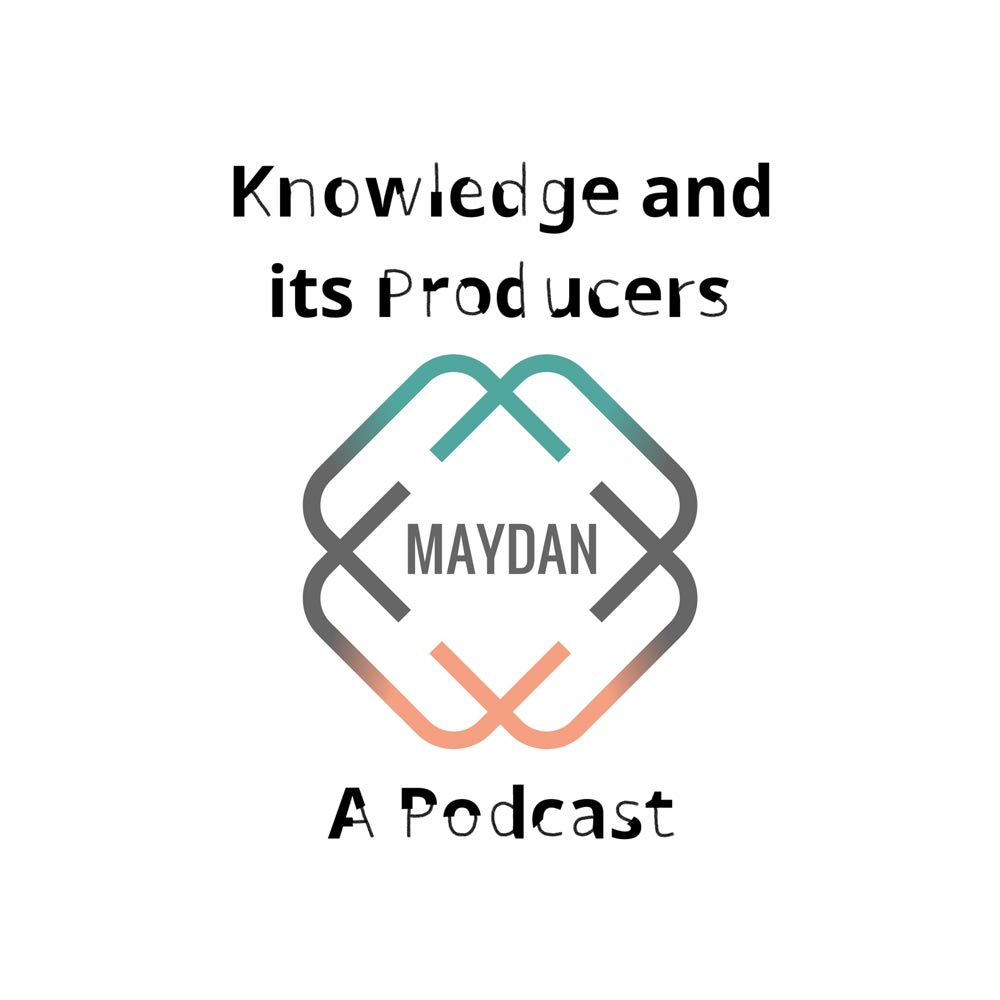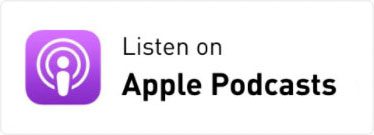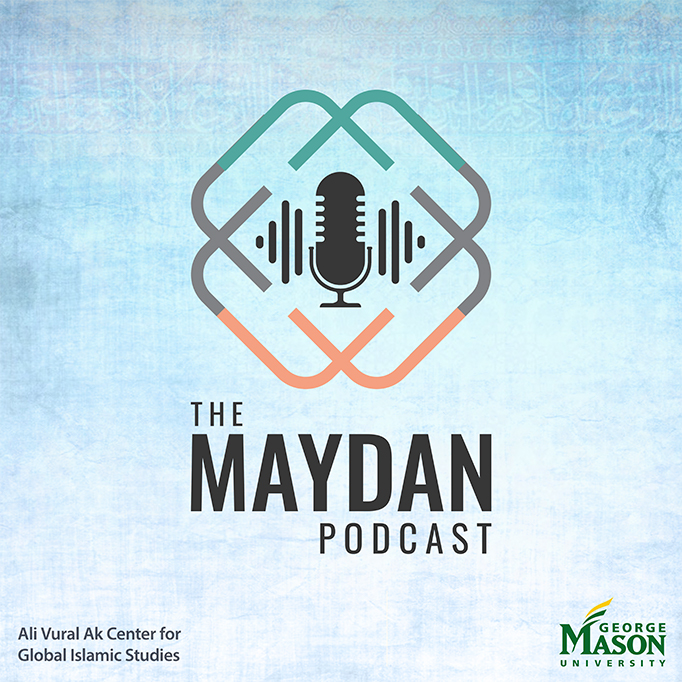We’re going to be tackling two heavy topics today. They’re marginally different, so bear with me. The first is belief when it intersects with your research. As a Muslim whose career is basically Islam and often, it’s also being Muslim, I can testify that it’s a hard line to walk. I often intentionally mention that the liturgy and prayer books I work on as an academic, the stuff I’m publishing and hoping to write about, that I use these books. I creep it into the footnotes, the conclusions of essays. I think I try to do it in part because I love my faith, for all of its complexities, and also because I’ve had good role models. We’re going to talk to one of those role models today, a dear friend of mine who knows what it is to walk between worlds. Who articulates belief.
We’re also going to –because that’s the theme of this series– talk about knowledge systems and how they’re produced. Library cataloging. And how cataloguing should fit the knowledge system it describes, not the other way around. We shouldn’t force a knowledge system to fit into a cataloguing standard. I swear this unique combo will make sense in a second.
Welcome to Knowledge and its Producers, a limited series from the Maydan produced by me, NA Mansour. In each episode, we’ll be talking to people who are at the forefront of knowledge production, typically away from the traditional educational power structures. We will be talking to people who curate, who edit, who run research centers, who write, and more. My field is Islamic studies and modern Arabic intellectual and visual history and we’ll be talking to people who fit into the study of Islam and the Muslim-majority world. That doesn’t mean they’ll be Muslim themselves or Arab or Turkish; it just means we don’t have perfect terms for describing this big intersecting world. Yet. The goal is to get a wide variety of people talking about different ways of accessing history, ideas, and more. To uplift the people we’re interviewing. And to inspire you.
Our guest today is Jean Druel who is French and lives in Cairo. He’s also a member of the Dominican Order, part of the Catholic Church. After a Master’s Degree in theology and Coptic patrology (L’expérience spirituelle de saint Pachôme…, Catholic Institute in Paris, 2002), he graduated in Teaching Arabic as Foreign Language at the American University of Cairo (Thesis title: Emphatic sounds in educated Cairene Arabic, 2006). In 2012, he completed a PhD thesis in the history of Arabic grammar at the University of Nijmegen, in the Netherlands titled Numerals in Arabic grammatical theory. He managed the 200 Project (2013‒2016), the aim of which is the historical contextualization of the works of 200 authors of the Arab Islamic heritage. He served as director of the Dominican Institute for Oriental Studies (IDEO for short) in Cairo between 2014 and 2020; IDEO includes a large library that is open to the public and has an unusual catalogue. He currently studies a manuscript of Sībawayh’s (180/796?) Kitāb that has never been edited.
We recorded this episode back when you could still spend time with people safely, back in 2019 when this podcast was an idea and Jean was my test subject. We were spending a lot of time together professionally and socially so I just asked him if he wanted to do it one day and he obliged. So you’re about to hear quite a bit of the soundscape of Cairo, Egypt in the background, as well as maybe the going ons of the library, where we recorded this because Jean’s office has high walls and we were getting an echo, so we went to the library, in the other part of the building. During this podcast, we’ll also hear some names –Luke, Adrien, Sunil, Reginald, Emilio, and Paul– those are other brothers of the Dominican order who lived at IDEO in Cairo at the time. They are my friends, too, so this is in some way also dedicated to them.





